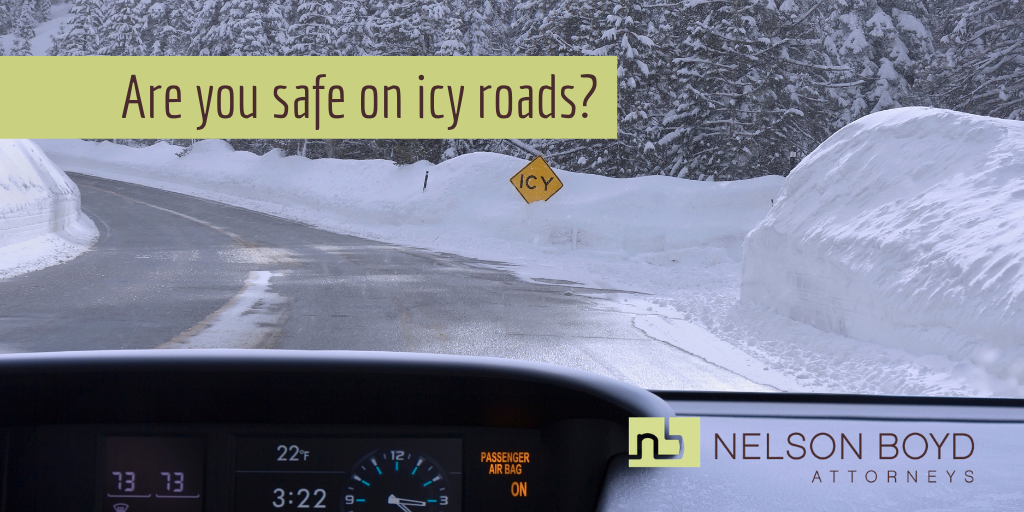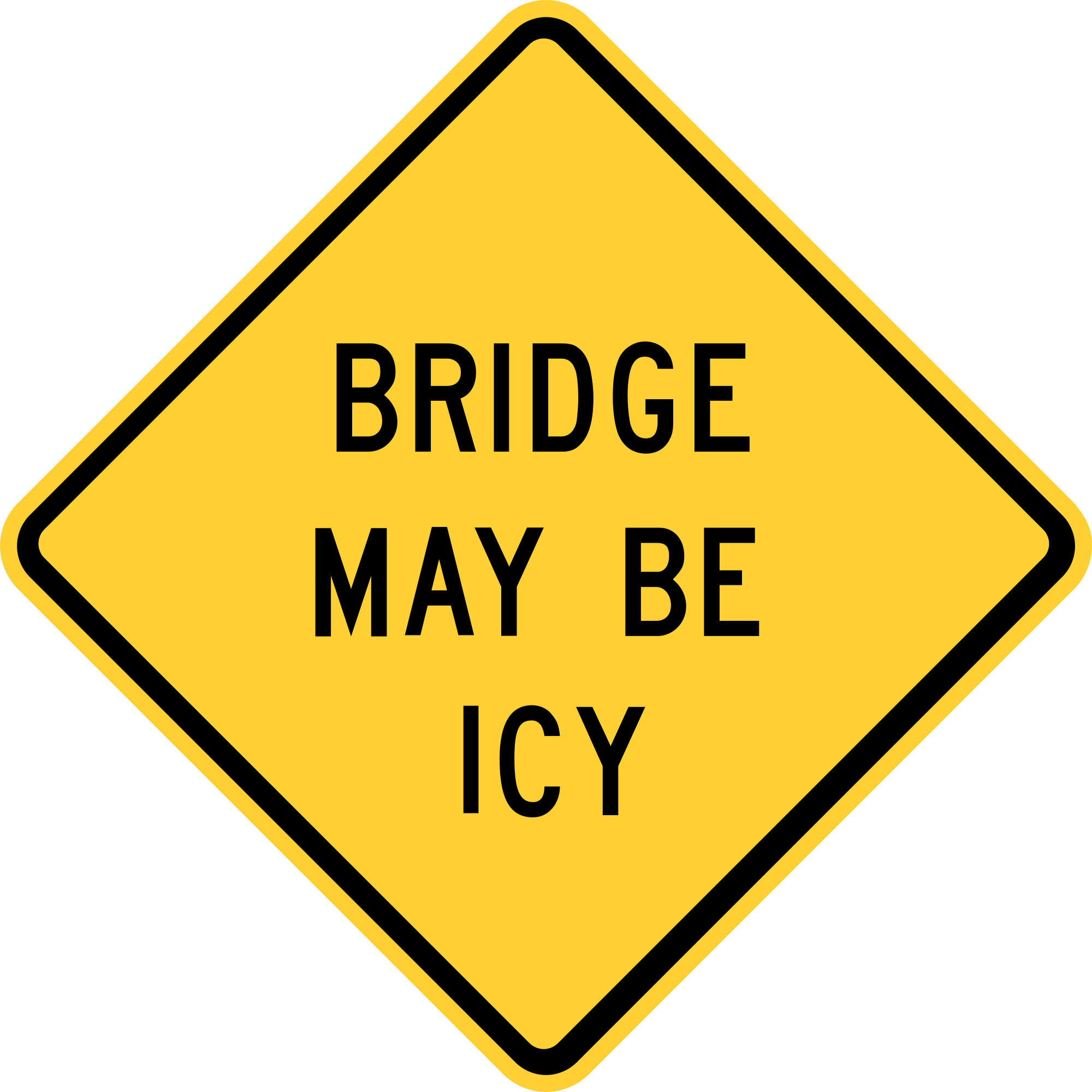
We all know that icy roads are a major cause of crashes and death on the highways. We don’t want you to be one of those crashes. What can you do to keep safe as we get into winter weather?
First and foremost – if it is unsafe to drive, don’t drive. There are few trips that are worth the risk of death or serious injury. Ask yourself “Is it worth dying to make this trip? Can it wait?”
Second, slow down. The posted speed limit means nothing if it is unsafe to drive that speed. It is not “OK” to drive 50 if it is not safe to drive 50.
The duty of every driver is to drive with ordinary care UNDER THE CIRCUMSTANCES. If the circumstances include snow or ice, SLOW DOWN. When you run into someone, it is no excuse to say “But I was going under the speed limit!” or “But the roads were slippery!” Give yourself room to stop UNDER THE CIRCUMSTANCES. If it takes longer to get somewhere, too bad.
Beyond that, the Washington Driver’s Guide tells us:
- On a wet road, you should reduce your speed by about 10 mph.
- On packed snow, you should cut your speed in half.
- Use snow tires or chains when the road has snow on it and any time it is required on posted signs.
- On ice, you must slow to a crawl. It is very dangerous to drive on ice.
- In Washington, studded tires are legal during winter months. Tires that have retractable studs may be used year-round, but the studs:
- can only be used between November 1 and March 31.
- must retract to below the wear bar of the tire when disengaged.
Clues to help you spot slippery roads:
- On cold, wet days, shady spots can be icy. These areas freeze first and dry out last.

- Overpasses and bridges are likely to have icy spots. The pavement on bridges can be icy even when other pavement is not. This is because they do not have earth underneath them to help insulate against the cold.
- When the temperature rises toward the freezing point, ice can become wet. This makes it even more slippery than at temperatures well below freezing.


